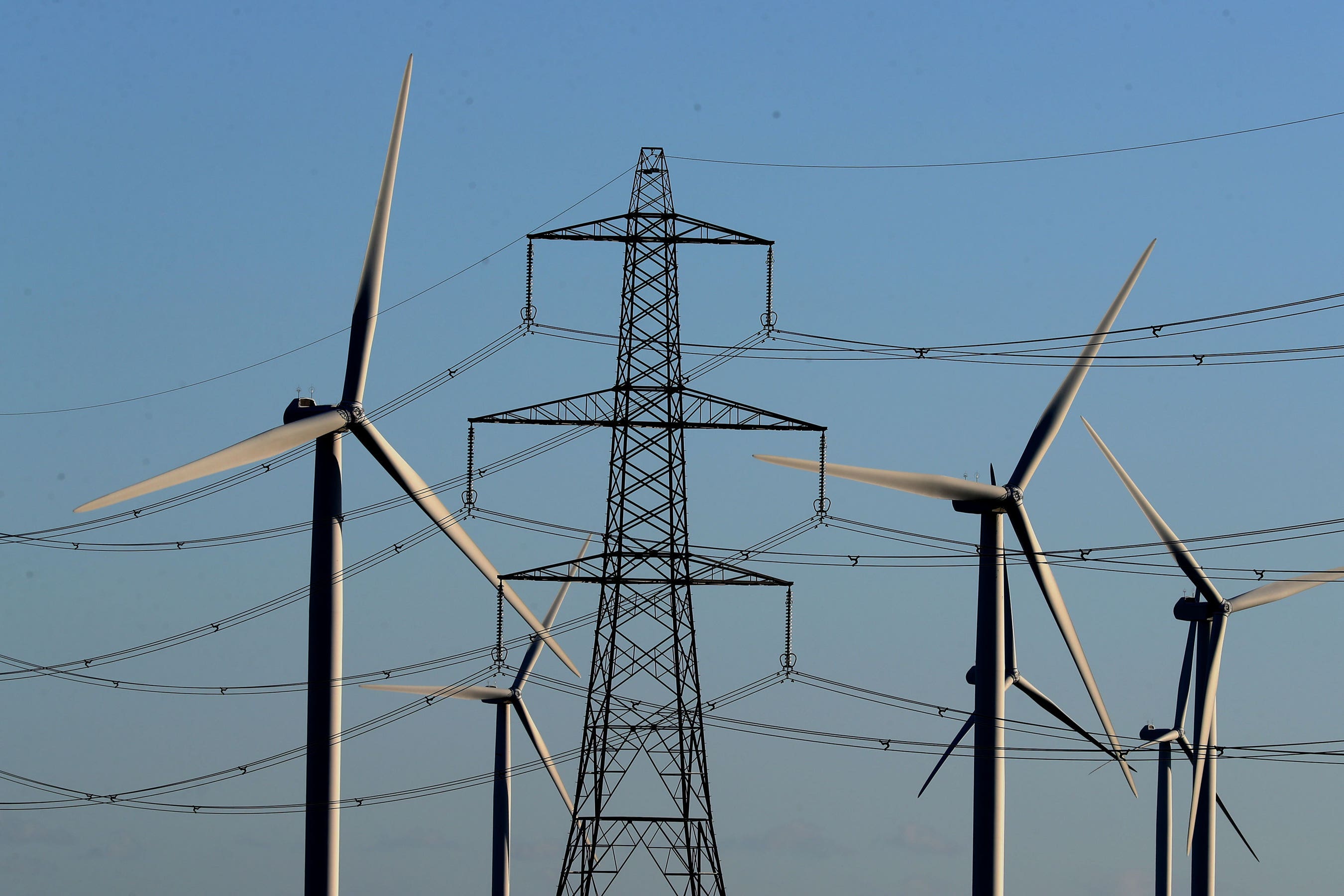Households are set to gain greater control over their energy costs as the government unveils plans for flexible tariffs and smart appliance integration, aimed at significantly cutting electricity bills.
This initiative is projected to contribute to savings of up to £70 billion in system costs by 2050.
Energy minister Michael Shanks detailed the “Clean Flexibility Roadmap,” designed to give households and businesses more choice over their energy use and make savings on their bills.
The strategy focuses on enabling consumers to benefit from off-peak, lower electricity prices through flexible tariffs and smart technology.
This includes discounts for electric vehicle (EV) drivers using public chargers at off-peak times.
Suppliers will be required to make smart tariff information more accessible and offer tailored products based on electricity usage.
This strategic shift aims to alleviate financial pressure, bolster power network resilience, and align with the UK’s net-zero targets.

Britain will need to shift towards more flexible energy use as the UK becomes more dependent on wind and solar power, such as charging EV batteries when wind is generating a lot of electricity.
Mr Shanks said: “This roadmap gives households and businesses the choice and control over when and how they use their energy.
“The flexible electricity system we are working to build will help make that a reality for consumers across the country, by supporting them to bring down their bills through using new tariffs and technologies.
“In this way we will protect working people’s pockets and ensure they are the first to benefit from our clean power mission.”
Get a free fractional share worth up to £100.
Capital at risk.
Terms and conditions apply.
ADVERTISEMENT
Get a free fractional share worth up to £100.
Capital at risk.
Terms and conditions apply.
ADVERTISEMENT
A flexibility commissioner will be appointed to lead the policy work, and an annual forum will be set up to track progress on the initiative.
Akshay Kaul, Ofgem’s director general for infrastructure group, said: “A more flexible energy market will be a real game changer, giving households more control over what they pay for their energy.
“Small lifestyle tweaks such as programming a dishwasher or tumble dryer to run overnight when costs are low or charging your electric car during high winds can have a material impact on people’s bills.
“At Ofgem we’re opening up flexibility markets to bring better tariffs and products to consumers to make cheaper bills a reality.”
The Government has also launched a two-month consultation looking at how more consumers can be supported to use energy flexibly.

